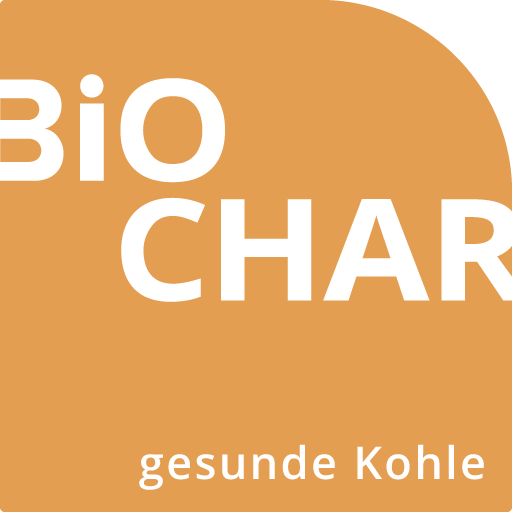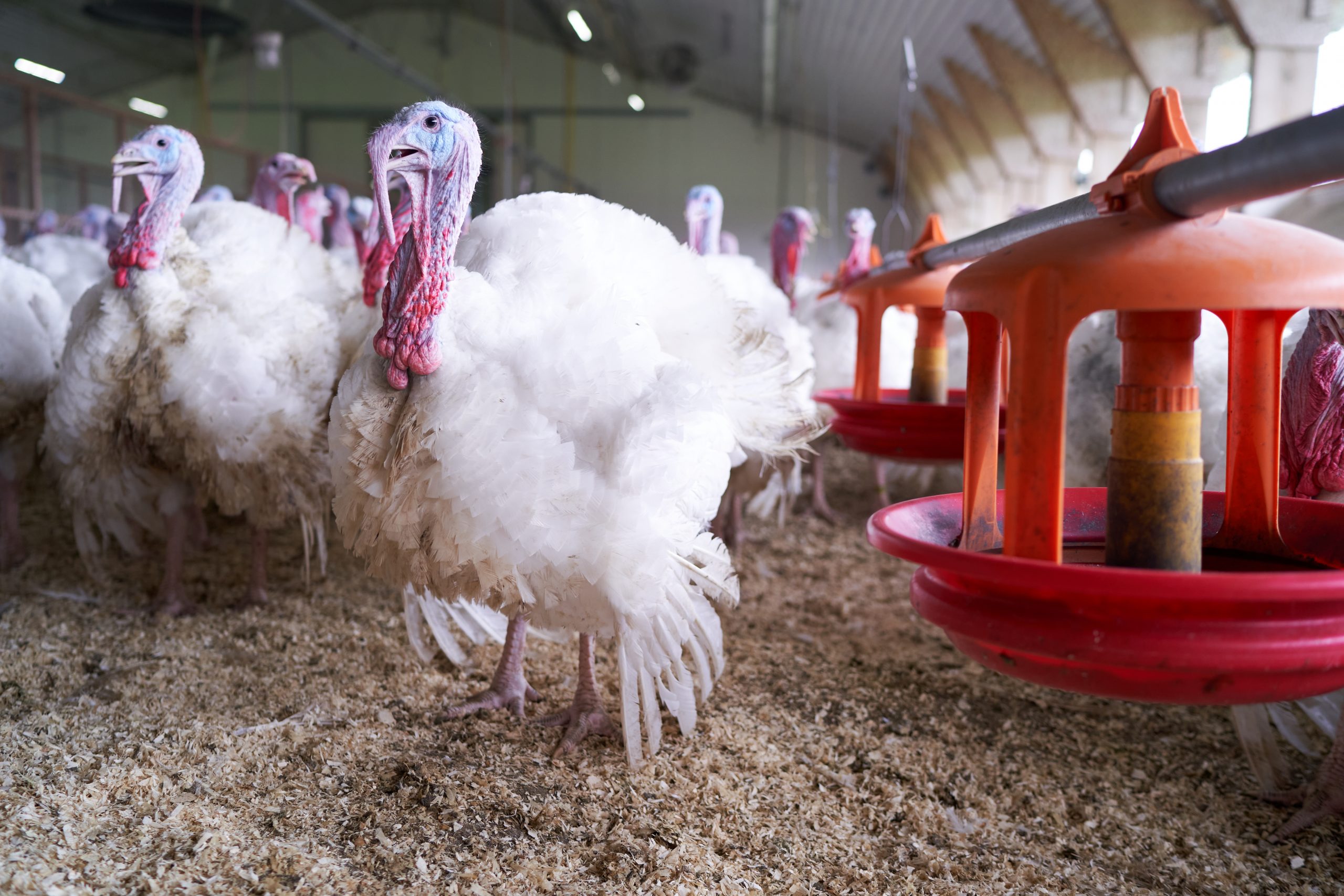
How Your Poultry Benefit from
Biochar:
- Reduced mortality rates (e.g. tail biting)
- Lower stress levels in animals
- Strengthened immune system
- Improved food intake and nutrient utilization
- Increased activity of important liver enzymes
- Reduction of aflatoxins concentrations
- Reduction of foot diseases
- Fewer intestinal and diarrheal diseases
- Lower fungal contamination in feed, leading to fewer animal health issues
- Improved stable hygiene and odor pollution
- Binding of ammonia in the barn
- Increase feed efficiency with better weight gain
- Improved meat quality
- Reduced disease-related losses
- Potential growth promotion
- Increasing quality and quantity in egg production
- Reduced veterinary costs
- Lower methane emissions (cost savings on CO2 taxes)
- Improved stable hygiene (reducing the need for expensive ventilation systems)
- Lower bedding costs (biochar binds moisture and extends bedding usability)
- Improved stable hygiene (reduction in need for expensive ventilation systems)
- Potential subsidies and funding programs
- Less CO2 and methane emissions with future CO2 levies
Reduced veterinary costs
Yield increase
Body weight
Improved feed conversion ratio (FCR)
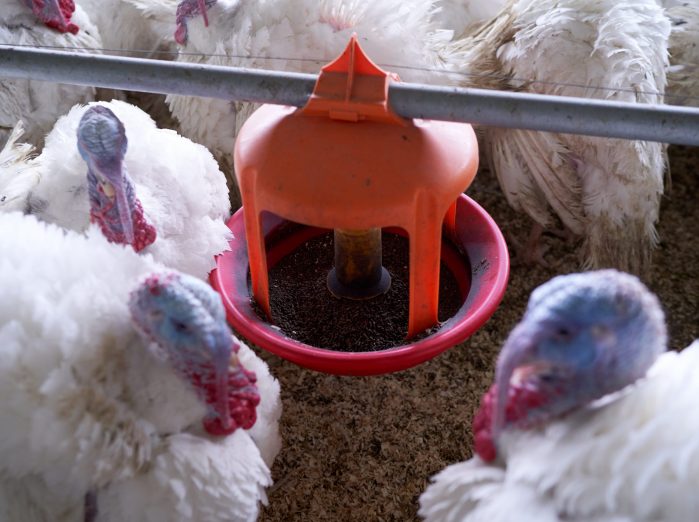
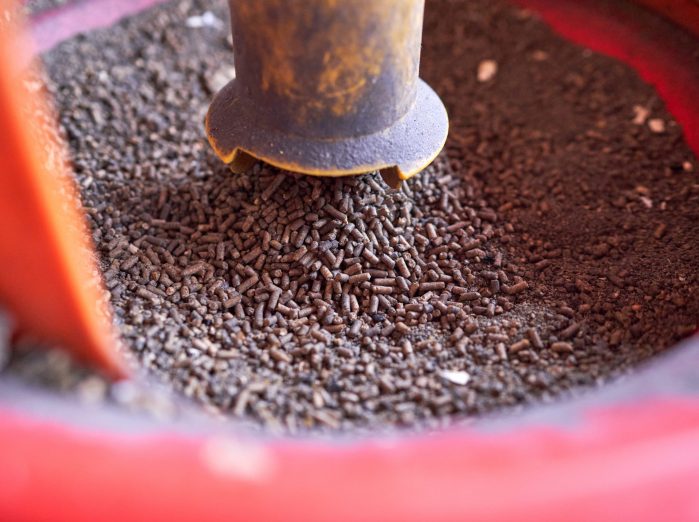
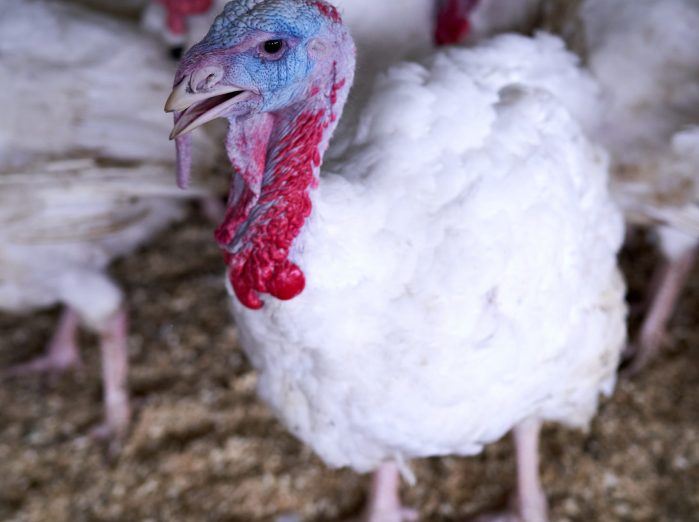
100% natural
Premium Feed
Charcoal
Promote animal well-being, reduce costs, and increase yields with QS-certified feed-grade biochar from BioChar, made from A1-grade wood chips. Our organic feed biochar can be easily mixed with all types of feed and supplements—no need to change your existing feed regimen.
Key Data:
Water content < 3%, carbon content > 93%, specific weight approx. 90 kg per m³, specific surface area approx. 450 m² per gram of feed charcoal, grain size 0 – 5 mm, QS-certified
QUALITY PROMISE
Our Promise:
The Highest Quality for Your Animal
Our BioChar organic feed charcoal for animals is already characterized by its strictly controlled production process. As the health of the animals correlates with the quality of the feed charcoal, the control of quality standards in this area is a top priority. The production of our organic feed charcoal is therefore strictly separated from other production chains. We only use pure, natural coniferous wood, preferably pine or spruce from German forestry operations, as our raw material. The sustainable forest management of these operations is certified to the highest standards. The use of biogenic waste as a biochar raw material or an admixture of this is expressly excluded.
Studies Have Been Confirming the
Benefits of Biochar for Years:
Feeding 2% biochar was found to significantly improve body weight, feed intake and feed efficiency. – Bakr 2007
Let’s make a change
If you have any questions, please give us a call or use our contact form. We will get in touch with you as soon as possible.
